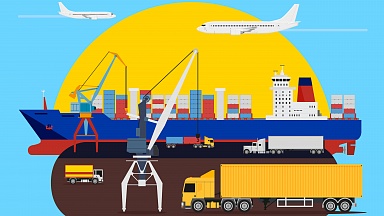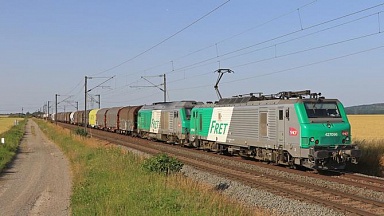In a statement, it said they should be prioritised in national vaccination programmes and slammed the"uncoordinated action" by governments, and their «chaotic» COVID-19 testing and vaccination schemes, which are «endangering drivers, mobility networks and supply chains.»
Professional drivers are still being caught in long queues at makeshift roadside test centres, putting them at a higher risk of contracting COVID-19 than in their usual protected working environment in their vehicles while long waiting times at borders continue to lead to unnecessary disruptions to supply chains and mobility networks, the statement added.
«Drivers have worked tirelessly through the pandemic to keep people and goods moving, despite often pointless restrictions at borders. They are essential workers and need priority access to vaccines,» said IRU Secretary General,Umberto de Pretto.
«The WHO needs to put in place a global framework for a mutually recognisable digital vaccine certificate as soon as possible to allow cross border commercial drivers to be able to continue doing their vital jobs,» he concluded.
IRU member associations, representing more than 3.5 million operating companies worldwide, unanimously adopted the position last week at IRU’s General Assembly.
’Disastrous impact’
Meanwhile, the trade body has criticised governments in Latin America for their response to a new surge of COVID-19 infections in Latin America, claiming they have implemented a patchwork of uncoordinated measures with a disastrous impact on the trucking industry, endangering the supply chains that it underpins, IRU calls for COVID digital vaccination certificate for drivers
Argentina and Chile have announced a requirement for foreign truck drivers to present a negative PCR test from the last 72 hours when entering the country with operators footing the bill, which comes to about US$100 per test. The high price of tests, and the need for several tests over the course of a single journey can lead to «insurmountable» costs for many operators, the IRU noted.
«Unfortunately, we are seeing yet another example of how unco-ordinated government measures can disrupt supply chains. IRU is continuing to call for greater coordination and wider implementation of the TIR system to allow road transport to keep goods moving and drive economic recovery from the pandemic,» Umberto de Pretto commented.





